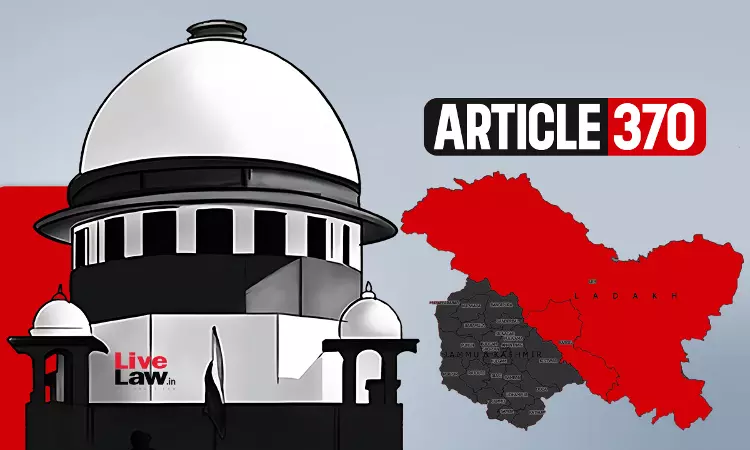Criticising Abrogation Of J&K Special Status, Wishing Pakistanis On Their Independence Day Not Offence : Supreme Court
Awstika Das
7 March 2024 9:05 PM IST

Democracy will not survive if every criticism is seen as an offence, the Court cautioned.
Next Story


